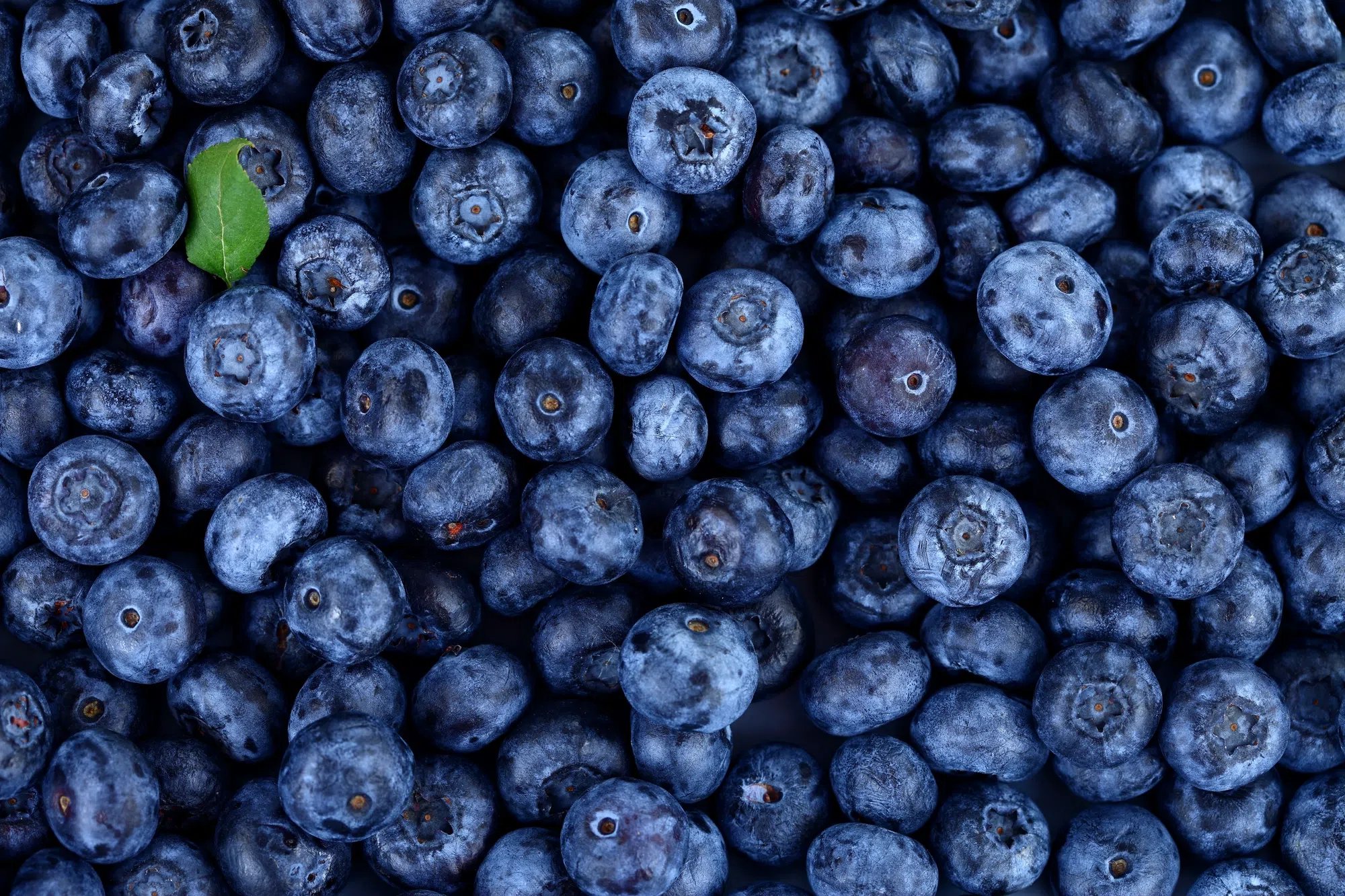Nova Scotia’s wild blueberry industry is closely monitoring the ongoing uncertainty surrounding potential U.S. tariffs.
A proposed 25 percent tariff was expected to take effect soon but has been delayed by a month, leaving producers and processors in limbo.
Peter Burgess, Executive Director of the Wild Blueberry Producers Association of Nova Scotia, says the province’s blueberries are largely processed before being sold worldwide, with the U.S. as the biggest buyer. If the tariff moves forward, he says it could reduce demand, making it harder for growers to secure new markets.
“Our fruit goes to 35 different countries, but the U.S. is our largest market,” Burgess said. “Finding alternatives isn’t something that happens overnight.”
Most of Nova Scotia’s blueberries are handled by large processors like Oxford Frozen Foods, the world’s largest wild blueberry processor, which cleans and freezes the fruit before exporting it for use in various food products. There are also processing facilities in Quebec, Prince Edward Island, and other parts of Nova Scotia.
While government investments have aimed to expand domestic processing, Burgess says market expansion remains the industry’s primary focus.
“We’ve been working with national and international partners to secure new opportunities, but there’s still a lot of uncertainty,” he said.
The association has been in discussions with both provincial and federal governments, providing data on the industry’s reliance on the U.S. market and highlighting potential impacts on local growers.
In 2021, Nova Scotia harvested about 23.7 million kilograms of wild blueberries—a 37.5 percent increase from the previous year. The fruit was also the province’s highest-value agri-food export, generating nearly $123 million, or 31 percent of Nova Scotia’s total agri-food exports.
Burgess says the industry will continue monitoring the situation as discussions continue.









